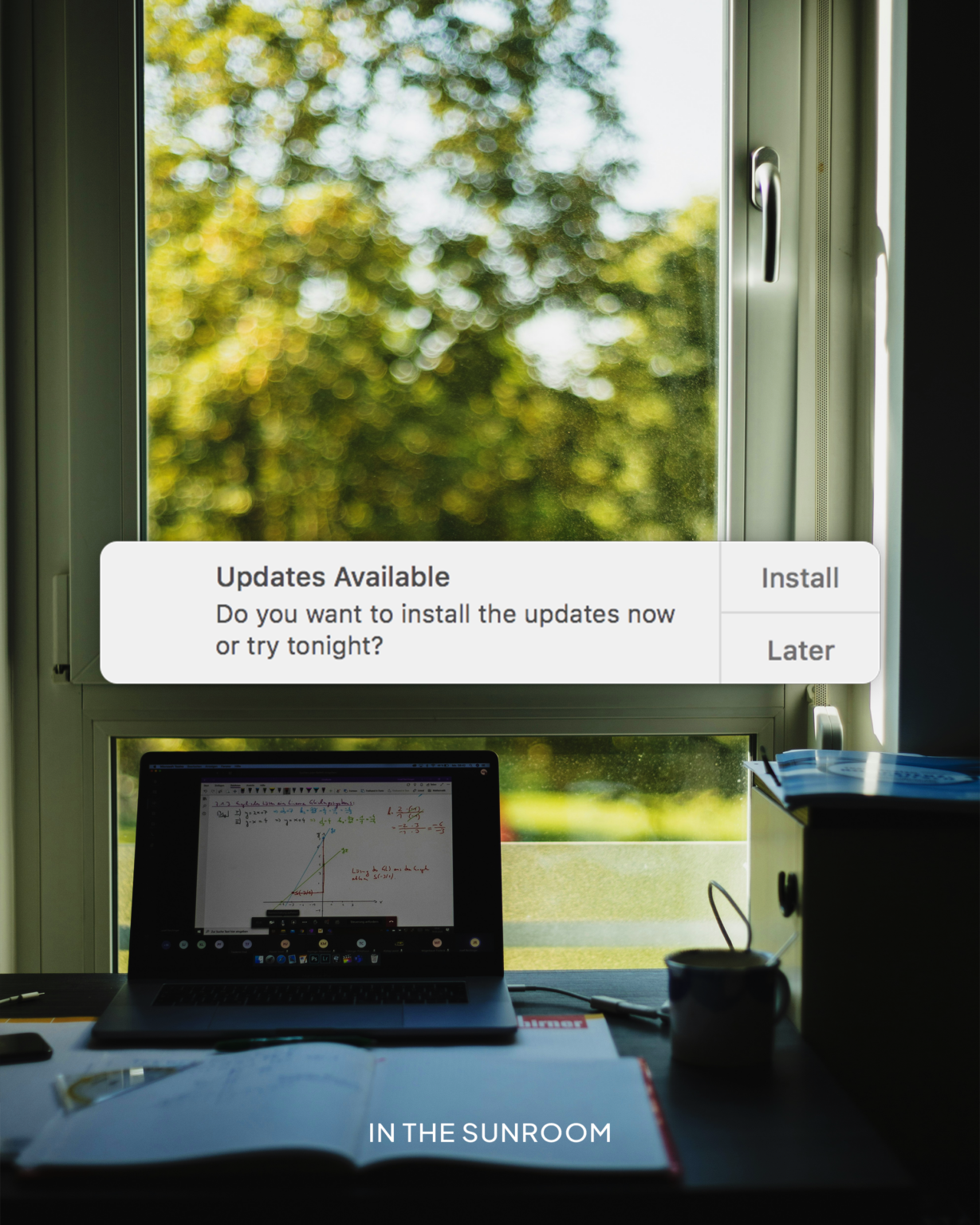For small business owners, the business is an extension of who they are, and that’s why personal branding is so powerful.
When I first started diving into the world of personal branding in 2016, it was during a media training session with a small business client who needed to deliver the announcement of the company being acquired.
“Isn’t this too personal?” I remember thinking. But as I got deeper into it, I realized branding is far more than how a business is represented in media and advertisements—it’s about trust, reputation, and creating a meaningful connection with its people—customers and employees alike.
Table of Contents
Reflection on Personal Branding as a Small Business Owner
Personal branding for small businesses is about being authentic and showing up real. In the competitive landscape of small businesses, standing out often means showing up exactly as you are—your quirks, beliefs, and unique ways of doing what you do. Many large brands have to use corporate strategies to convey authenticity as a collective, but small businesses? We get to be real. And that’s our superpower.
In my experience and own journey, letting people see the person behind the brand helps build trust. Think about a local coffee shop you love to visit. It’s not just the coffee that draws you in; it’s the warmth of the barista, the friendliness of the owner, and the unique vibe that makes the place feel different from every other coffee shop. That’s personal branding at work. Customers can feel that authenticity, and it keeps them coming back.
Building Your Brand Through Your Story
Everyone has a story to tell. It might be why you started your business, the struggles you’ve overcome, or the big vision that keeps you going day in and day out. For small business owners, sharing your story allows others to see the heart and soul behind the brand. It’s about making your brand memorable and relatable.
A neighborhood coffee shop that I frequent is Sun San Bake. I met the owner Jon on my second visit and he shared his story about how he dreamed up the space during the pandemic, when his architecture firm was impacted like the rest of the world’s business activities were.
His story isn’t just about having an outlet for his creative streak—it’s about missing the togetherness in dine-out ambiance, creating an experience and a space that makes people look forward to gathering for something to do together. Sun San Bake hosts a myriad of community events from first light till sundown at their bungalow house.
That story is a huge part of Jon’s brand, and it’s what makes people feel they can relate to him.
For small businesses, personal branding means putting your story front and center. Don’t worry about making it perfect. Just show up real. Your authenticity will resonate more than anything else.
“For small businesses, personal branding means putting your story front and center. Don’t worry about making it perfect. Just show up real.”
Why Consistency Builds Trust
When it comes to personal branding for small businesses, I learned quickly that consistency is everything. A brand is like a personal relationship—people come to expect certain things from you, and consistency builds trust. For a small business, that could mean delivering personable customer service, keeping your word, or sticking to your core values even as you scale within your community.
Consistency also extends to the way you present yourself online and offline. For instance, if you run a hair care brand, you might choose to consistently share tips on styling, hairspo, and self-care. This consistency helps customers understand what you’re about and what they can expect from you.
Branding Doesn’t Mean Playing it Safe
One of the lessons I’ve learned is that branding isn’t about playing it safe. It’s so easy to fall into the trap of thinking you need to follow the latest trends and appeal to everyone, but the truth is, you don’t. Trying to please everyone dilutes your message and confuses your audience.
One small business I love to its core is a local customization brand, ana tomy. Instead of just sticking to selling products as is the conventional way, they specialize in customizing notebooks and lifestyle objects and are thriving even after almost a decade of operating true to their values.
They’re very clear about what they stand for—personalization, from cover to inserts for their notebooks and from pockets to straps for their City Bags—to showcase every customer’s unique personality. And guess what? They’ve built a loyal customer and artist base who believe in the same ethos and want to explore their likings.
Personal branding for small businesses is about standing out unapologetically. Don’t be afraid to be bold, to stand for something, and to put your unique spin on what you do.
“Personal branding for small businesses is about standing out unapologetically. Don’t be afraid to be bold, to stand for something, and to put your unique spin on what you do.”
The Power of Vulnerability in Branding
Ah, this was one of the hardest lessons for me. Being vulnerable and open doesn’t come naturally to everyone, especially in business. But I’ve found that sharing your challenges and setbacks can be powerful in building a brand that people feel connected to. We’re human.
A personal example: I once shared a story about my struggles with my business. Instead of presenting the curated version of myself, I was open about the challenges I faced as a business owner. Customers and other business owners reached out; the response was overwhelming. It was a good reminder that people want to support real humans, not perfect versions of ourselves.
Embracing Feedback as Part of Your Brand Growth
One thing that every business owner faces is feedback, both positive and negative. I believe feedback is to help us improve our brand. Embracing it is part of building resilience for the brand that will grow over time.
If a customer gives feedback about their experience, see it as an opportunity to learn and improve. It’s important to remember that others see our brand in ways we do not. Listening to their feedback can help us make changes that align with their expectations and reinforce the trust that we’re building.
A Brand Isn’t Just a Business—It’s a Community
At the end of the day, branding is about creating a community. It’s not just about selling a product or service; it’s about building relationships. As small business owners, we have the privilege of getting to know our customers on a deeper level.
Think of your brand as a gathering place for people who share your values, interests, or vision. Engaging with your customers is inviting them to be part of your journey and showing appreciation for their unwavering support. Over time, you’ll find that your brand isn’t just a name or a logo—it’s a community of people who believe in what you do.
Authenticity Is Your Greatest Asset
For small business owners, personal branding is a way to connect and to build something meaningful; something that reflects who you are and what you care about. It’s really never about perfection; it’s about showing up as yourself, consistently and authentically.
If you’re starting or growing a small business, remember that your brand is an extension of you. Share your story, be vulnerable, stand for something, and focus on creating a community. It’s these things that make a big difference in how others connect with your brand and, ultimately, how they support your brand and your journey.
So, go build a brand that’s true to you. You never know the impact it might have on the people who find you, resonate with you, and believe in what you do. After all, branding isn’t just a business strategy; it’s a chance to find your place in the world, one genuine connection at a time.










